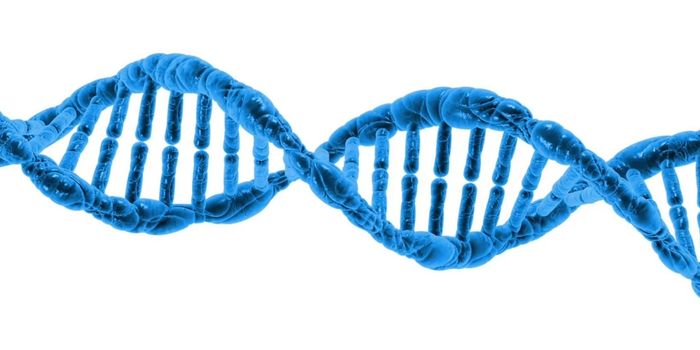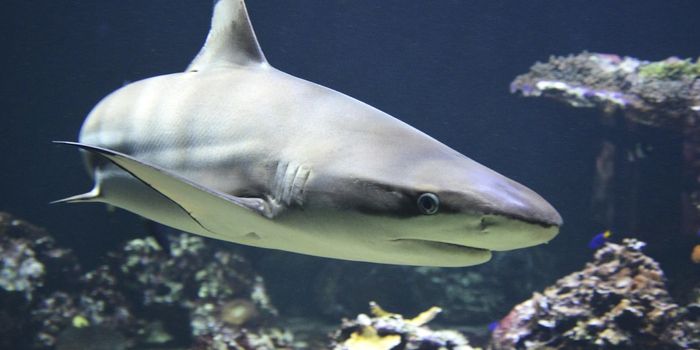Some People May be Predisposed to Metastasis if They Get Cancer
Cancer can occur for many reasons and is influenced by many different factors, including genes and the environment. It is sometimes due only to genomic errors that naturally occur during the many rounds of cell division that happen throughout a person's lifetime. When cancer does happen, it is most deadly when it metastasizes: when cancerous cells break away from the primary cancer site and migrate to other parts of the body, where cancer then grows.
It's been thought that mutations that happen in the genome of cancer cells can promote metastasis. Researchers have now shown that small variations in an individual's genome can also encourage metastasis. Now scientists have found changes in a single gene that can affect how a type of skin cancer called melanoma progresses. The findings have been reported in Nature Medicine.
"Patients often ask 'Why am I so unlucky? Why did my cancer spread?' As doctors, we never had an answer," said the lead study investigator and physician Sohail Tavazoie, the Leon Hess Professor at Rockefeller University. "This research provides an explanation."
Previous work by the Tavazoie's lab found that the APOE gene can influence the spread of melanoma. There are several variants of the APOE gene: E2, E3, and E4. They encode for a protein called apolipoprotein E, which is involved in fat metabolism. The protein may also influence processes that are involved in metastasis, like blood vessel formation and immune resistance. Physician and scientist Benjamin Ostendorf thought that the APOE variants may affect metastasis, and change how melanoma progresses in different patients.
Each variant was studied in a mouse model, and mice with the ApoE4 variant had the slowest growing and smallest cancer. The researchers found that in mice carrying ApoE4, there were more T cells recruited to fight the melanoma, and not as many blood vessels supplying it.
"We think that a major impact of the variations in ApoE arises from differences in how they modulate the immune system's attack," Ostendorf said.
When the scientists followed up on this work in humans, they confirmed their findings. Melanoma patients that also carry the ApoE4 variant live longest, while those carrying ApoE2 have the shortest lifespan. Clinicians may be better able to predict outcomes if they determine which variant a patient expresses. In addition, people with the ApoE4 variant respond best to therapies that use the immune system against cancer.
The researchers also tested an experimental drug called RGX-104 (made by a company that Tavazoie co-founded), which increases the level of ApoE. Mice exposed to the drug were better at fighting tumors.
More work will be needed to learn how to improve treatments for people with other variants of ApoE.
This variation could also play a role in the metastasis of other cancers. This work may help change how clinicians think about the risk of metastasis, and how cancer is treated, Tavazoie added.
"We need to find those patients whose genetics put them at risk for poor survival and determine what therapies work best for them," Tavazoie said.
ApoE4 has also been found to increase the risk of Alzheimer's, showing that we still have more to learn about ApoE variants.
"It's not quite clear what ApoE does in Alzheimer's, but we believe our work in cancer can inform our understanding of this disease as well," Tavazoie said.
Sources: AAAS/Eurekalert! via Rockefeller University, Nature Medicine









